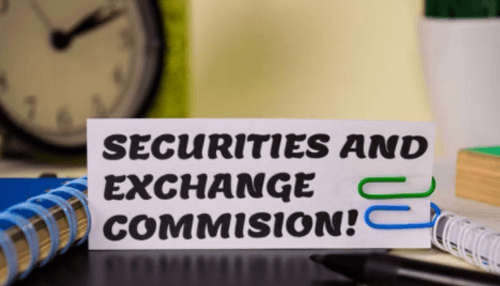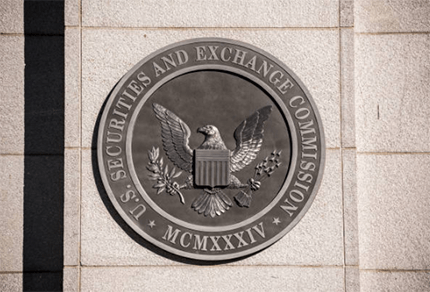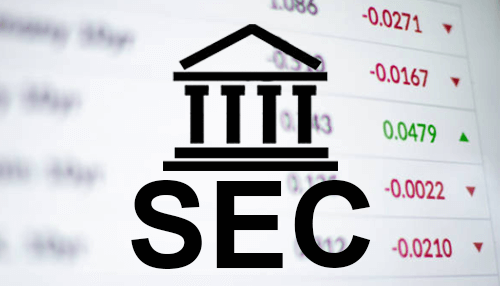That sinking feeling isn’t going away. Your “sure thing” investment isn’t just dropping in value; it’s plummeting. Worse, the person who sold it to you is either unreachable or making excuses that sound a lot like lying. When you think you’ve been cheated financially, it’s like having the love of your life break up with you while there’s spinach in your teeth.
It’s a heartbreaking gut punch that’s about more than just losing money. It’s about pride. No matter how embarrassed you may feel, if you suspect you’re a victim, you need to report it. So how do you report securities fraud to the SEC?
Knowing When You’ve Been Defrauded
First, the hard truth: losing money in an investment doesn’t mean it’s fraudulent. Like in any other loan, the primary risk here is that the issuer might default, like what happened with the GWG L Bonds lawsuit. That savings account earning less than one percent per year is protected. If a bank insured by the Federal Deposit Insurance Corporation fails, the U.S. government will restore your account up to at least $250,000 (both principal and interest).
Your FAANG stocks aren’t guaranteed. Although Facebook, Amazon, Apple, Netflix, and Google (Alphabet) have at least doubled the S&P 500 index’s performance since 2009, if they suddenly lost 90%, there’s no law that says that alone indicates fraud. If your portfolio is wiped out, it doesn’t mean a crime was committed.
When you buy a share of stock, you are actually buying a small portion of the company.
Most investors in fraudulent securities aren’t really buying anything. In a Ponzi scheme, for example, the money from new investors is used primarily to pay earlier ones. Any profits usually fund the seller’s often extravagant lifestyle. Those promises of huge returns stop materializing when the seller can no longer attract new clients.
The best way to avoid fraud is to avoid “get-rich-quick schemes.” Buying securities from someone other than a licensed broker is just asking for trouble. If the fraud occurs near your home, then the first step is to contact state or local authorities. The Federal Bureau of Investigation often pursues fraudulent investments that cross state lines. Still, for many small investors, the Securities and Exchange Commission provides both protection and accountability.
Government Protection
The SEC was created in 1934, just a few years after Charles Ponzi’s illegal scheme made his last name synonymous with fraud. One of its primary goals is to protect investors like the ill-advised ones who made Ponzi briefly rich. The SEC tries to balance the scales by ensuring that small investors receive the same quality of information as larger ones.
The SEC is why it’s easy to find detailed annual reports on publicly traded companies. This is also why complex investments in start-up companies are often restricted to high-net-worth individuals and companies. One common securities fraud scheme is offering to sell instruments that the law wouldn’t allow small investors to participate in.
If you’ve made investments through your company’s 401K program or purchased mutual funds, you know how involved the process can be. If you have questions about a seller, the SEC can help. Besides providing free investment advice, their Investment Adviser Public Disclosure website along with FINRA’s BrokerCheck portal can help you determine a seller’s legitimacy. The SEC also provides a toll-free investor assistance line: (800) 732-0330.
Unfortunately, all the due diligence in the world couldn’t help Bernie Madoff’s investors. Madoff was once the chairman of NASDAQ. Few suspected he was operating the largest Ponzi scheme in history. Fraudsters like Madoff are why the SEC needs insiders to report securities fraud. The organization offers a system for both whistleblowers who work in a company and non-whistleblowers alike to submit their tips.
Although whistleblowers are protected by law, the best way to protect your anonymity is by hiring an attorney who specializes in this area of the law, like those at Meissner Associates. As an investor, one bit of cliched advice applies. If something sounds too good to be true, it probably is.




